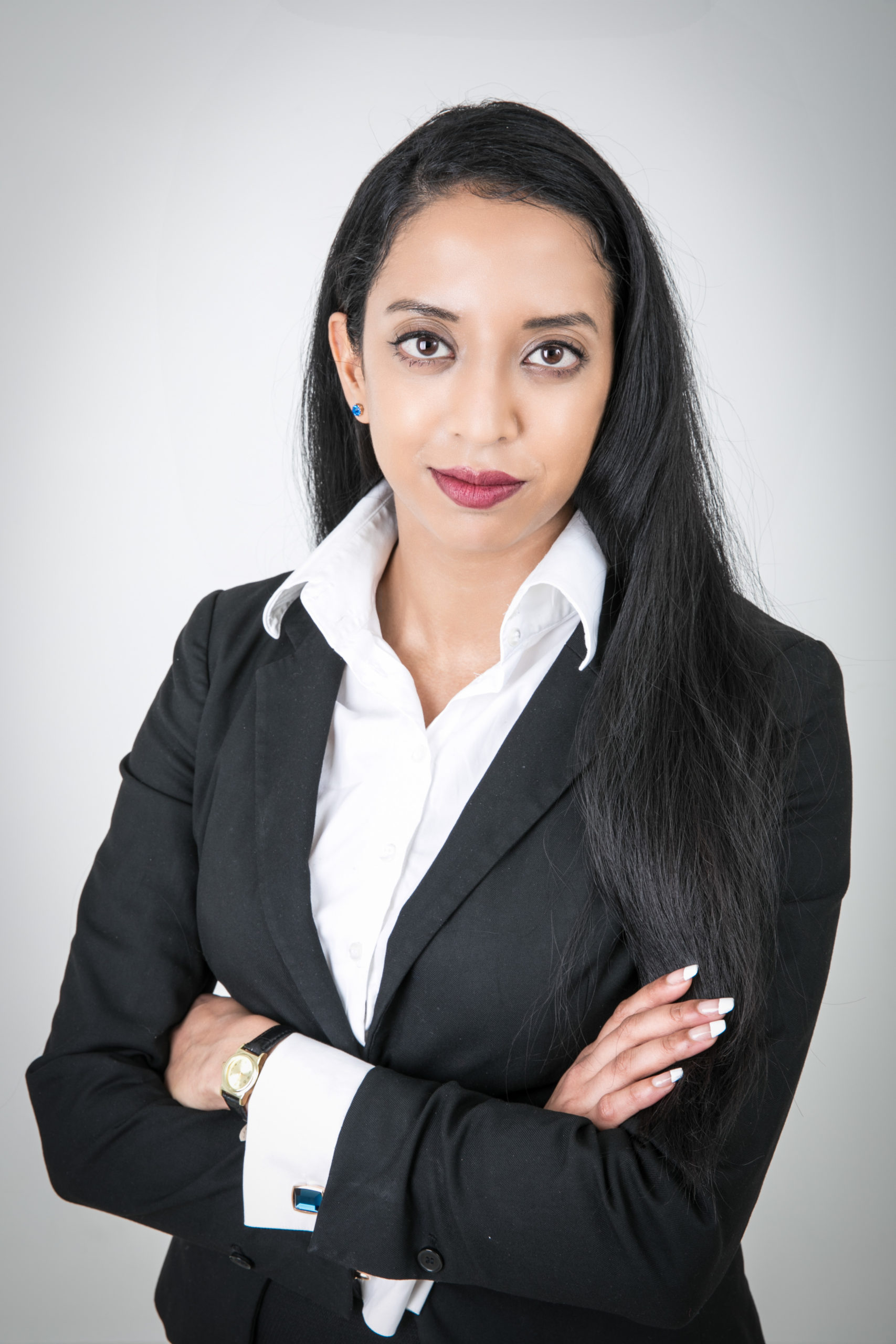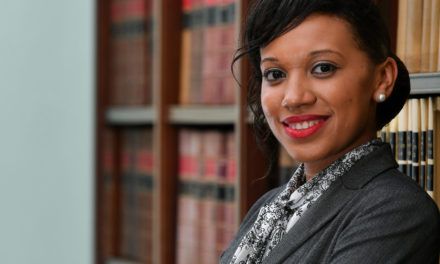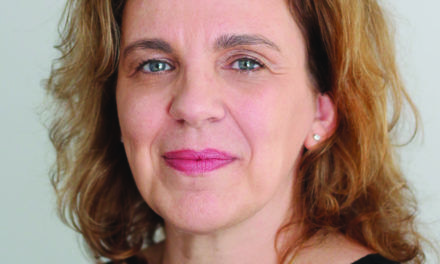
Merlene George was Called to the Bar in 2018 and currently works as a self-employed Court Advocate, whilst seeking pupillage. She is the MTYBA Communications Officer and also serves as an Elected Member on the Hall Committee.
This is an article written in light of the recent victim of police brutality, George Floyd who died on Monday
25 May 2020 after Derek Chauvin placed his left knee between Mr Floyd’s neck and head for seven minutes and 46 seconds. In the viral video footage, Mr Floyd was heard begging ‘I can’t breathe’ numerous times. Three days following Mr Floyd’s death, there was a recorded number of 8.8 million uses of the #BlackLivesMatter hashtag, igniting a global pursuit for justice.
What can we do?
- Educate ourselves;
- Accept change is required;
- Actively participate in initiatives for change.
The Bar Council logo states ‘Justice for All’
Barristers play a vital role in supporting the principles
of justice, the rule of law and enable people to uphold their legal rights. We are advocates with skills such as persuasiveness, intelligence and determination, which we should use to advocate against racism – a necessity in our current society.
Master Amanda Pinto, Chair of the Bar Council, recently said:
At the Bar Council, we realise we have not been doing enough to encourage and support black barristers. More can and must be done to become a stronger and more inclusive Bar. If we do not address this, we will fail to attract and retain those talented people who help to represent the whole society we serve.
The Bar Standards Board (BSB)
Worried about supporting the Black Lives Matter movement as a barrister? Afraid to be seen as not maintaining your independence by taking a ‘political’ stance?
Here’s a reminder of the ten Core Duties regulated by the BSB:
Core Duty 1: You must observe your duty to the court in the administration of justice.
Core Duty 2: You must act in the best interests of each client.
Core Duty 3: You must act with honesty and integrity.
Core Duty 4: You must maintain your independence.
Core Duty 5: You must not behave in a way which is likely to diminish the trust and confidence which the public places in you or in the profession.
Core Duty 6: You must keep the affairs of each client confidential.
Core Duty 7: You must provide a competent standard of work and service to each client.
Core Duty 8: You must not discriminate unlawfully against any person.
Core Duty 9: You must be open and co-operative with your regulators.
Core Duty 10: You must take reasonable steps to manage your practice, or carry out your role within your practice, competently and in such a way as to achieve compliance with your legal and regulatory obligations.
Black Lives Matter (BLM), the Core Duties do not prevent you from supporting black peoples’ lives. The BLM movement is a frantic call for recognition that a black person’s – a human being’s – life matters. The reality that
a person’s race and colour is the reason for discrimination. The uncomfortable truth; society has continued to fail black people to the extent that lives have been taken away. Supporting the BLM Movement does not compromise your independence or diminish the trust and confidence the public places in you or the profession.
BAME
‘BAME’ stands for Black, Asian and Minority Ethnic. Before the BLM movement I believed this term was sufficient. However, I recognise and accept there is a need for debate on whether this term is adequate. The BSB ‘appreciate that the term, and similar terms, are debated and that no single term is universally accepted’. Our experiences are different to each other; each ethnic group’s experiences of racism differs; each person’s experience of racism differs.
One example that struck me was acknowledging that a young black boy is likely to get stopped and searched for very different reasons, when compared to a young Asian boy. There is a stark difference in the types of prejudices and biases faced by different ethnic groups. By grouping them together, we risk losing the ability to properly assess the problems and implement effective solutions to combat racism. The Government Stop and Search Ethnicity Facts and Figures, published on Thursday 19 March 2020 show that between April 2018 and March 2019:
• There were 38 stop and searches for every 1,000 Black people compared to 4 for every 1,000 White people
• However, there were only 11 stop and searches per 1,000 Asian people and 11 per 1,000 people with Mixed ethnicity.
• There were a total of 375,588 stop and searches in England and Wales.
Once again, what can we do?
1. Educate ourselves by attending seminars and conducting wider reading;
2. Accept change is required by engaging in discussions and asking those uncomfortable questions;
3. Actively participate in initiatives for change by organising seminars and providing a platform for colleagues to voice solution-based schemes.





